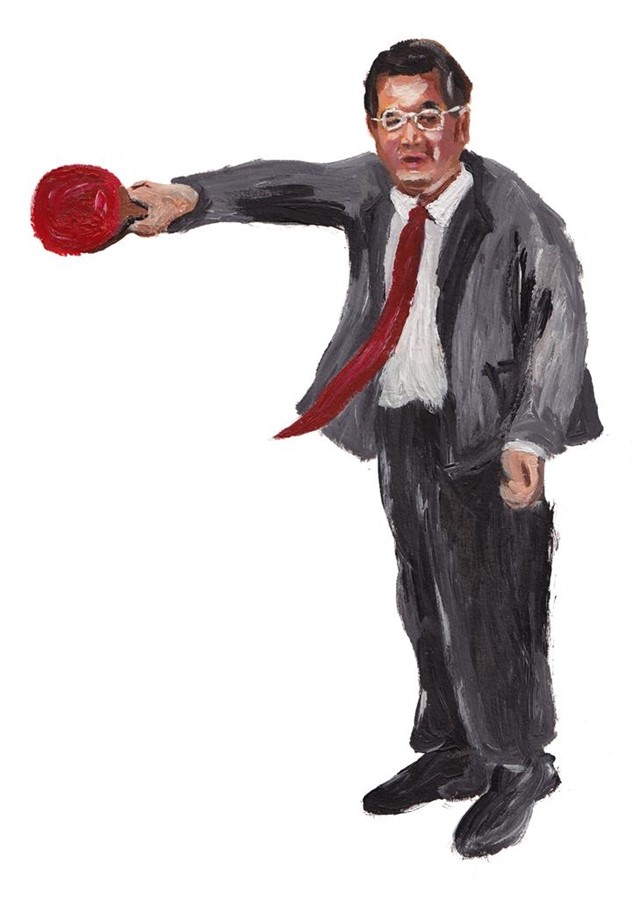Any Chinese General Secretary of the Communist Party will always live, work and dress in the shadow of Mao Zedong. Let’s say it like it is. The current leader, Hu Jintao, is no exception. In power since 2002, Hu Jintao functions under different
Any Chinese General Secretary of the Communist Party will always live, work and dress in the shadow of Mao Zedong. Let’s say it like it is. The current leader, Hu Jintao, is no exception. In power since 2002, Hu Jintao functions under different statesmanship rules compared to most other politicians; the Communist way of doing things is “slightly” less democratic than elsewhere, enabling Hu a higher degree of political freedom.
But Hu isn’t a one-man-party machine. As a member of the nine man strong Politburo Standing Committee, Hu shares ideas, ideology, power and responsibility with a handful of other high-fliers. Nevertheless, it is with Hu that the buck stops. Once considered a liberal softie, Hu has since showed his true side and is rumoured to have had a hand in the cruel and violent handling of the protesters on Tiananmen Square in 1989.
Hu entered politics in 1964, at the height of Mao’s cultural revolution. If he was equally inspired by Mao’s characteristic clothing habits as his firm political beliefs he’s not showing that today. Chinese politicians stopped wearing the Zhongshan suit long ago, which was designed by Sun Yat-sen just after Mao’s takeover. Instead, Hu prefers a non-descript dark suit and anonymously coloured, often red, ties. Like most communist states, China favours a clothing pattern that prevents individuality: it’s about being one of the people, and that seems to go for the leadership as well, whether they wear khaki green uniforms or dull suits.
Say what you want about Mao, but there’s no denying both his political and sartorial impact. That’s never likely to be said of Hu, a man who allegedly counts table tennis and ballroom dancing as his hobbies. It is quite telling then, that one of the few of his recorded sayings is as dry as the man himself appears to be: “Success in life requires resolve, attention to concrete matters and courage in making decisions.”
